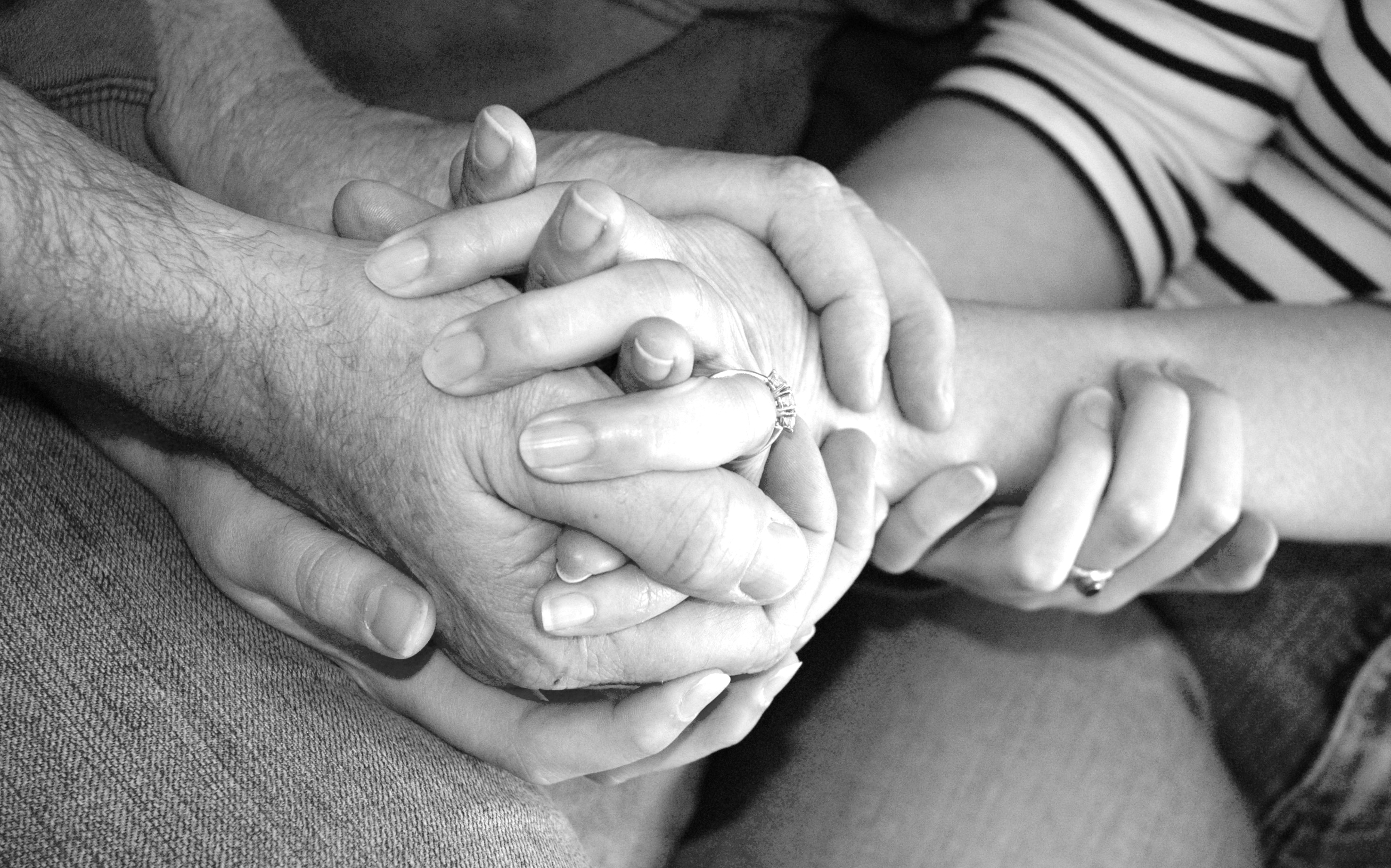 Most individuals experience loss at some level at some point in their lives. Loss of a friend who has moved away or of a pet that passes is a common experience for children as they grow and develop. What makes loss difficult is primarily due to the attachments or bonds that are created when we relate and become close to others. These bonds help us feel safe and secure. Over time we develop a sense of normalcy as we interact with individuals that we are attached too.
Most individuals experience loss at some level at some point in their lives. Loss of a friend who has moved away or of a pet that passes is a common experience for children as they grow and develop. What makes loss difficult is primarily due to the attachments or bonds that are created when we relate and become close to others. These bonds help us feel safe and secure. Over time we develop a sense of normalcy as we interact with individuals that we are attached too.
I recently sold my home and moved out of a neighborhood my wife and I both loved. The neighbors and our family were very tight-knit. The kids often played together and goofed around as young children do. I drove by after we sold the home and felt a longing and sense of loss having moved away from friends and an area we had become attached to. Neighborhood parties, kids riding bikes, parents mingling out in front yards, and children’s toys scattered about the neighborhood were common. As a family, we moved through a process of loss. Grieving was short but nevertheless it was a loss to past attachments to friends, memories, and a sense of safety.
Grief and loss are closely associated but different elements of mourning. Loss occurs when we lose or become distant from someone or something we have a significant attachment to. Loss does not only occur at the death of a loved one or when we move away. Loss can occur when expectations are not met or attachments are severely weakened.
Some time ago I was working with a teenage boy who had a long history of loss and grief he was not fully aware of. He was living with his father after his parents divorced. His mother and father fought often and ended up ending following years of discord and fighting ending the marriage. The conflict between his parents was fueled most often by his mother’s drinking. This young man developed some negative ways of coping with this loss, the loss of his mother. He did not and could not at that age interpret and sort out his own loss and confounding grief. He was aware of the discomfort and heartache around the divorce in his own soul but had little ability to process and make meaning from what was occurring. He attempted repairing his hurt feelings and in an attempt to avoid that pain and repair it all fantasized about how much she loved him and that things were in fact “ok”. Often in sessions he would make excuses about how she is just ‘busy’ and can’t be around for him. In time he began to see the depth of her problem with alcohol. He could not rectify these fantasies of her being present and loving in his life since he could also see that in reality she was emotionally and physically absent. As he grew he started smoking marijuana with peers to ‘chill out’ in an attempt to deal with this loss and the reality that was settling in, the reality that his life was hard, would likely continue to be hard, and that his mother wasn’t in a position to offer the love he need and wanted to much.
Coping in unhealthy ways is often a symptom of loss and then grief that is unresolved. If you’ve had difficulty with a particular loss or are grieving the death of a loved one and are having trouble working through the loss please contact me for an appointment and I can assist you. I can help guide you into moving forward with wholeness and peace. My clinical experience has also helped to broaden my understanding of the complexities and nature of grief and loss. Hope is possible; it will take work and time but you can reach closure and find meaning. If you’d like more details from me on loss and grieving you can read my entire magazine-style article that is more detailed about Grief and Loss – Losing A Loved One (long version), about the stages of loss and how attachment and bonding play a key role in dealing with and healing.
Copyright: No part of this article in section or full may be reproduced without permission from the author Justin Stum, MS LMFT. The one and only exception is for educational purposes and only if the contact information below for the author is fully cited here in article. Justin Stum, MS LMFT, 640 E. 700 S., Suite 103, St. George Utah 84770 435-574-9193, https://www.justinstum.com







